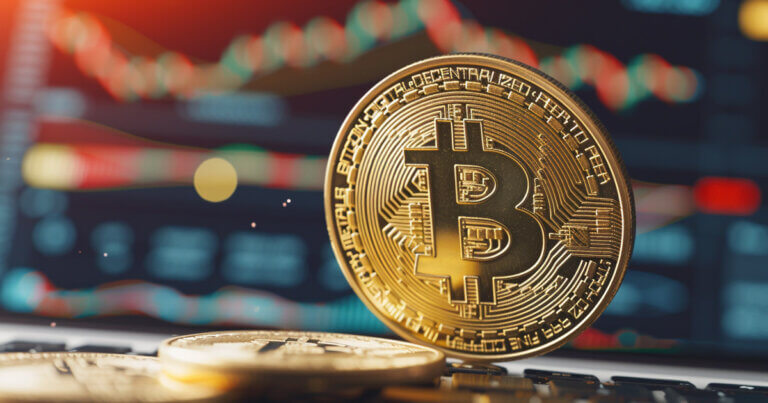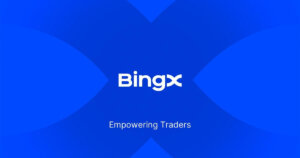 Fresh Bitcoin whales invest over $100 billion, signaling market transformation
Fresh Bitcoin whales invest over $100 billion, signaling market transformation Fresh Bitcoin whales invest over $100 billion, signaling market transformation
Addresses holding BTC for less than 155 days on average represent 48.8% of Bitcoin's realized cap, on-chain data reveals.

Cover art/illustration via CryptoSlate. Image includes combined content which may include AI-generated content.
The amount invested by new Bitcoin (BTC) whales is up 13x this year to nearly $108 billion on Oct. 6, according to CryptoQuant data.
The investment made by new whales represents 48.8% of Bitcoin’s total realized cap, almost reaching the $113 billion paid by “old whales.” Notably, this is the highest amount spent by these investors in absolute numbers.
Realized cap is a metric that calculates the value of each Bitcoin’s unspent transaction output (UTXO) considering its price when it was last moved. This is commonly used to gauge how much value is stored in Bitcoin.
Moreover, the relative participation of new whales in the total realized cap registered on Oct. 6 marks a new all-time high. The previous record was registered on May 16, 2021, when new whales held 18.2% of the network’s realized cap.
CryptoQuant’s dashboard highlights that new whales are Bitcoin addresses holding over 1,000 BTC for less than 155 days on average, excluding wallets owned by centralized exchanges and miners.
CryptoQuant CEO Ki Young Ju called this movement a “generational shift” and expects the realized cap of new whales to surpass their older counterparts soon.
Significant on-chain data developments
In addition to the new whale accumulation and holding trend displayed by Bitcoin’s on-chain data, the active addresses in the network broke an 11-month downtrend on Oct. 8.
Jamie Coutts, chief crypto analyst at Real Vision, highlighted the movement via X, stating that organic network growth and adoption across all Bitcoin metrics help underwrite its future as a global monetary network.
Despite being a positive fundamental metric, Coutts noted that the predictive power of active addresses has diminished over the past four years.
Meanwhile, an Oct. 8 report by Glassnode revealed that the supply held by BTC short-term holds is pending towards profit, with a 1.2 ratio. It added that short-term holder sentiment is key to understanding near-term price action, as they represent new market demand.
On the other hand, open interest in futures contracts suggests spiking speculation. In addition to the uncertainty from macro market signals, this leaves the market vulnerable to volatility, mainly from deleveraging pressures and liquidations.

























































































